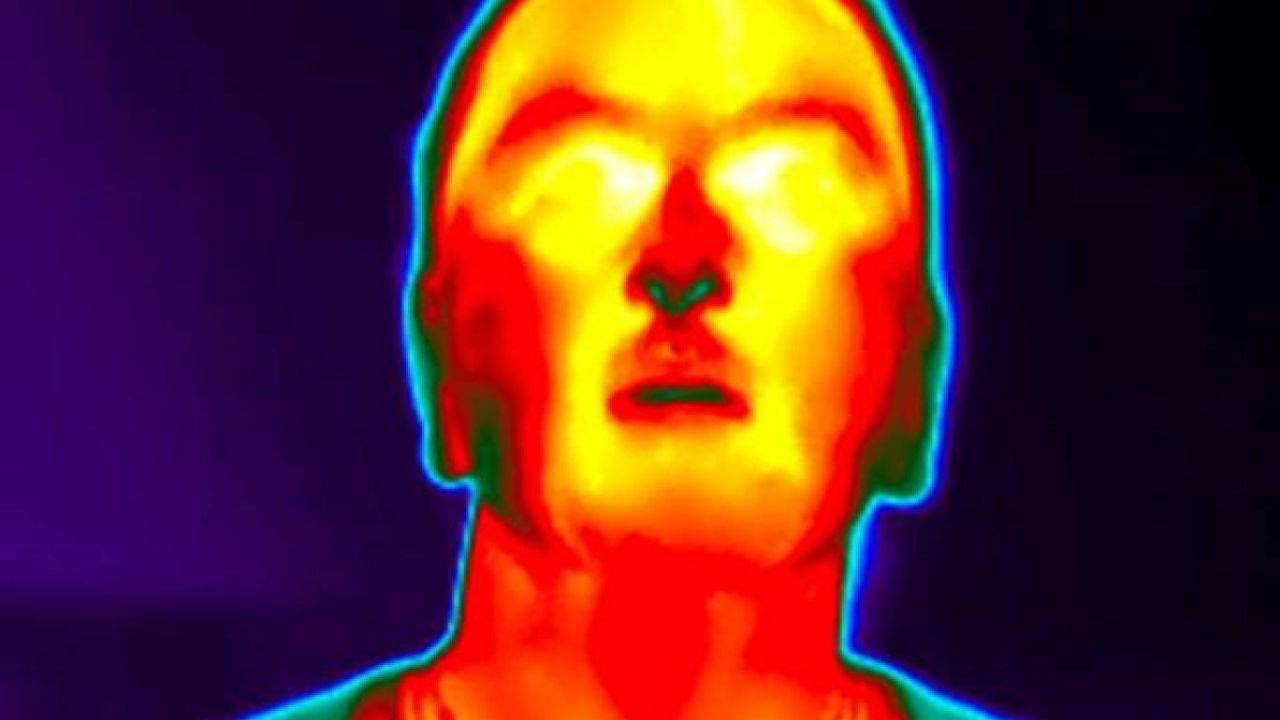Our nose gets cold when we are under stress

New research from scientists at the University of Sussex shows how blood flow in our faces changes when we experience stressful emotions. Using thermal imaging, the team was able to show the "nasal temperature drop" that consistently occurs in stressful situations.
The research, reported in Independent Turkish, involved an experimental stress test in which participants were asked to listen to white noise through headphones and then prepare a five-minute speech about their "dream job" within three minutes. A panel of people watched silently throughout the speech.
Thermal imaging was also used to track changes in blood flow to the participants' faces as their stress levels increased. All 29 volunteers showed their nasal temperatures dropped by 3 to 6 degrees Celsius.

Because the human brain and body have evolved to respond to external stressors by being more alert, changes in blood flow occur when our arousal system is activated, according to researchers.
Since sight is the primary sense of all primates, we have adapted to pay more attention to our visual surroundings, which leads to reduced blood flow to other areas of the face.
This change causes vasoconstriction around the nose, leading to a significant temperature drop at the tip of the nose compared to when we are calm.
The scientists say that the temperature drop in the nose can be used as a "real-time, non-invasive, unobtrusive and direct biological measure of stress-related emotions."
Lead researcher Professor Gillian Forrester is set to demonstrate this decline in front of an audience at the New Scientist Live event in London on October 18. Speaking to the BBC, her team said that because it is an evolutionary response found in all primates, it could be used to measure stress levels in monkeys as well as humans.
"They can't say how they feel and they are extremely good at hiding their feelings," explains researcher Marianne Paisley from the University of Sussex.
For the last 100 years, we've been [studying primates] to help us understand ourselves. Now that we know so much about human mental health, maybe we can use that and give them something in return.
Cumhuriyet





